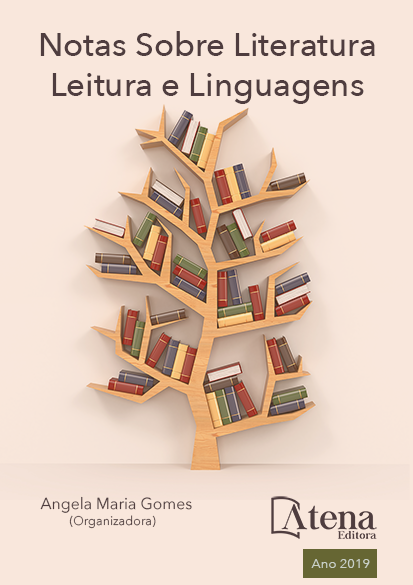
ANÁLISE DOS CONTOS A OUTRA MARGEM DO RIO, DE GUIMARÃES ROSA, E NAS ÁGUAS DO TEMPO, DE MIA COUTO
Nossa proposta de trabalho é
estabelecer uma análise comparativista entre
o conto A terceira margem do rio, do escritor
brasileiro Guimarães Rosa, e Nas águas do
tempo, do escritor moçambicano Mia Couto.
Em ambos os contos as personagens não são
nominadas, sendo o conto de Rosa composto
pelo pai, mãe, irmã, irmão e o narradorpersonagem;
já o de Couto é composto pelo
avô, neto e a mãe. Os contextos de produção
literária de Guimarães Rosa e Mia Couto
são muito diferentes, sendo que Couto toma
“emprestado” a possibilidade de (re)criação da
língua pela veia poética em prosa, já que, após
a independência a República Moçambicana
adota a Língua Portuguesa como idioma oficial.
Assim, os neologismos e inserções de palavras
em banto são tentativas de apropriar-se da
língua do ex-colonizador e torná-la sua, com
cores e nuances próprias, desde a construção
do enredo à temática. O conto miacoutiano,
assim como o de Rosa, traz a temática da
existência, ser e pertencer, mas aborda
também a problemática da conciliação entre o
velho e o novo, o antigo e o moderno, em um
território/país que ainda está se formando, se
constituindo. O sertão e a savana possuem
muitas semelhanças, especialmente nas
distâncias, no tempo e na água como espaços
em que o sagrado se manifesta, como vemos
em ambos os contos. Nessa perspectiva,
utilizamos os conceitos de intertextualidade e
influência, de Julia Kristeva e Harold Bloom,
respectivamente, aliando pressupostos teóricos
de Tania Franco Carvalhal, Sandra Nitrini,
dentre outros.
ANÁLISE DOS CONTOS A OUTRA MARGEM DO RIO, DE GUIMARÃES ROSA, E NAS ÁGUAS DO TEMPO, DE MIA COUTO
-
DOI: 10.22533/at.ed.69819250116
-
Palavras-chave: Influência; intertextualidade; poeticidade.
-
Keywords: influence, intertextuality, poeticity
-
Abstract:
Our work proposal is to establish
a comparative analysis between the tales
Third Bank of the River, by the Brazilian writer
Guimarães Rosa, and The Waters of Time,
by the Mozambican Mia Couto. In both, the
characters aren’t nominated, being the tale of
Rosa composed by the father, mother, sister,
brother and the narrator-character; already, the
one of Couto is composed by the grandfather,
grandson and mother. The contexts of literary
production of Guimarães Rosa and Mia
Couto are very different, and Couto borrows a
possibility of to (re)create the language by the
poetic vein in prose, since after independence
the Mozambican republic adopts the Portuguese
Language as a language official. Thus, the
neologisms and insertions of words in Bantu
are attempts to appropriate the language of the former colonizer and become his own,
with their own colors and nuances, from the construction of the plot to the theme.
The Miacoutian tale, like that of Rosa, brings the thematic of existence, being and
belong, but also approach the conciliation problem between old and new, the old
and the modern, in a country that is still forming, constituting. The backwoods and
the savannah have many similarities, especially in distances, in time and in water as
spaces in which the sacred manifests, as we see in both story. In this perspective, we
uses the concepts of intertextuality and influence, of Julia Kristeva and Harold Bloom,
respectively, combining the theoretical assumptions of Tânia Franco Carvalhal, Sandra
Nitrini, among others.
-
Número de páginas: 15
- Regina Costa Nunes Andrade


